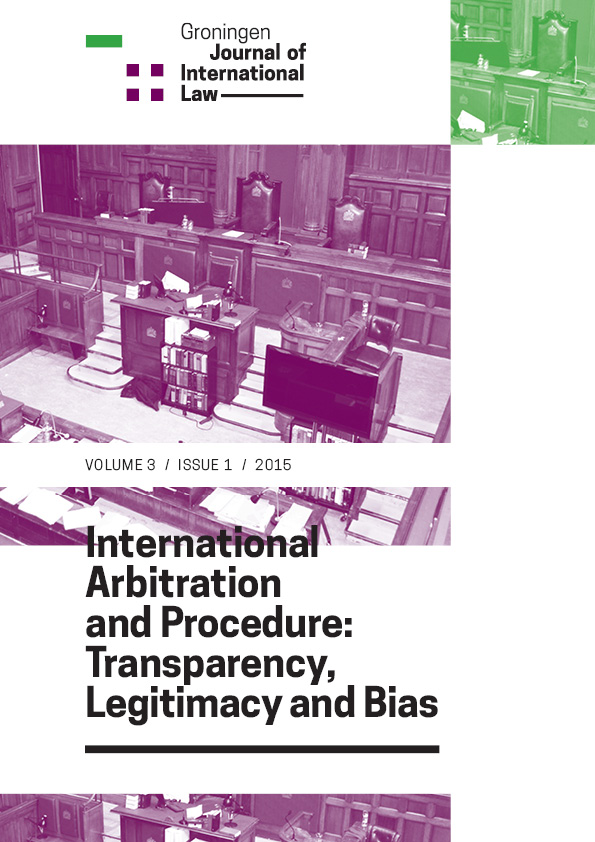Procedural Fairness and Efficiency in International Arbitration
DOI:
https://doi.org/10.21827/5a86a89d8e651Keywords:
DUE PROCESS, ARBITRATION, EFFICIENCYAbstract
Procedural due process requires all legal proceedings to be fair and that every party involved is given notice of the proceedings, are treated equally, and are given an opportunity to be heard and to deal with the case of its opponent before a decision is made by a lawfully constituted tribunal or decision maker. However, while the mandatory due process requirements are of utmost importance within international arbitration, where are its limits? How far shall the equal treatment and procedural fairness go, and can it happen at the expense of procedural efficiency? The users of international arbitration tend to be concerned on the delays and high expenses of arbitration. A recurrent complaint is the ‘judicialisation’ of arbitration; that the procedure is becoming as equally formal dispute resolution proceeding as litigation. Simultaneously, the international arbitration field has been promoting arbitral cost and time efficiency, by incorporating relevant provisions to national arbitration laws, institutional arbitration rules and to other soft law elements. This contribution addresses the balance between the requirements of due process and efficiency within international arbitrationPublished
Issue
Section
Open Access Creative Commons


